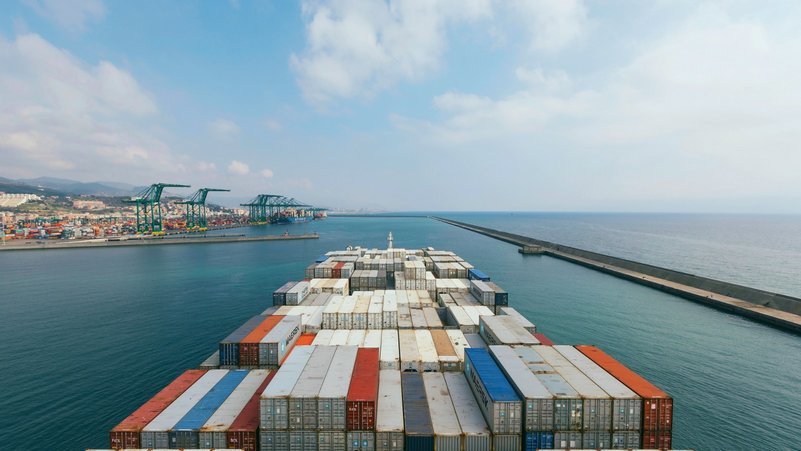The tariff war ignited by the United States against the rest of the world escalated on 9 April 2025. The European Union confirmed the list of US products that will be subject to 25% tariffs, to be implemented in three stages: 15 April, 16 May and 1 December. The decision was the result of the procedure by which member states issue a formal opinion on the European Commission’s executive acts. In this case, the only dissenting vote came from Hungary.
By the first deadline, 15 April, the European Commission will notify the decision to the Goods Council of the World Trade Organization in order to trigger the initial tariffs, which will apply at two rates, 10% and 25%, on a selection of goods worth a total of 3.9 billion euros. The range of products affected will then be broadened for the two subsequent phases, which will cover goods worth 13.5 billion and 3.5 billion euros respectively. In a statement, the Commission stressed that these tariffs “can be suspended at any time should the United States agree to a fair and balanced negotiated solution,” adding that it “strongly prefers to pursue negotiated outcomes with the United States that are balanced and mutually beneficial.”
The goods subject to EU tariffs are divided into four lists. The first list, effective from 15 April, includes products that had already been targeted in 2018 in response to tariffs imposed by the first Trump administration, which were later suspended in 2021. Among the affected items are rice, cereals, fruit, fruit juices, tobacco, cigars, oils, paper, textiles, clothing, footwear, ceramics, glass, mattresses, furniture materials and fishing vessels. Whisky and bourbon are excluded to avoid retaliatory measures against European wine and beer.
On 16 May, the products from the second and third lists will come into effect. These include iron or steel pipes, aluminium products, cutlery, tableware, metal accessories, poultry, beef, eggs, honey, fruit, coffee, tea, pepper, cinnamon, cloves, nutmeg, wheat, rye, barley, rapeseed, palm and peanut oil, sugar and ice cream.
The fourth list, effective from 1 December, includes nuts, almonds and soybeans. These goods are mainly exported to Europe from US states governed by Republicans, and the European Union believes it can source them from alternative suppliers.
Also on 9 April, the Chinese government announced it had raised tariffs on all US goods from 34% to 84%, effective from 10 April. This move comes as an immediate response to the latest increase in US tariffs on Chinese goods, which brought the total rate to 104%.




































































